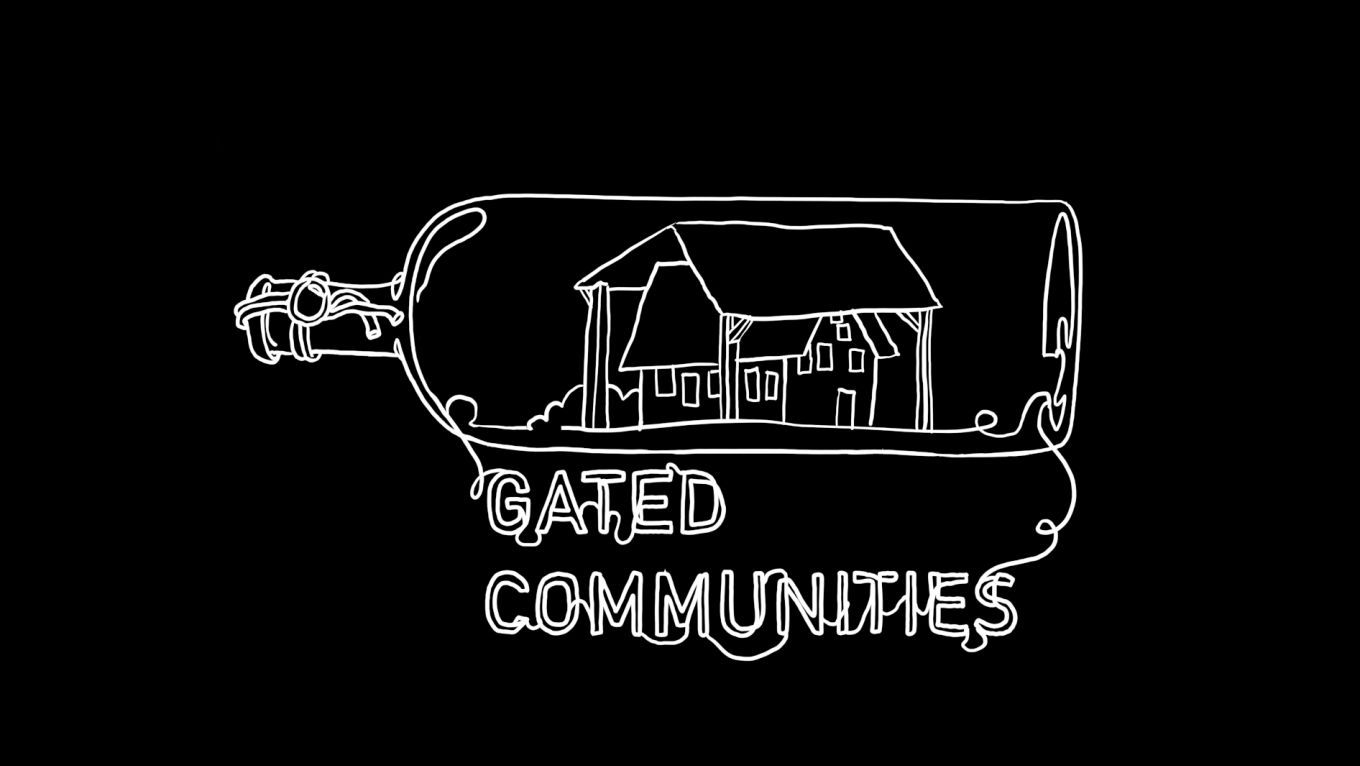Science
What is the value of anonymous communication?
What does the fact that Tor users can’t edit wikipedia mean for the quality of the ``encyclopedia that anyone can edit?’’ How do captchas and blocking of anonymity services affect the experiences of Tor users when they are trying to contribute content? This talk will discuss the increasing limitations of active participation in the anonymous Internet and the findings of our interview study of Tor users and wikipedia editors concerning these issues. We believe that by understanding the contributions Tor users make—and that people denied access to anonymity tools don't make—we can help make the case for the value of anonymity online.
The belief that a free and open Internet enables people to accomplish great things together is at the core of projects like Wikipedia, open source software, and online political activism. The term “peer production” has been used for years to describe a new kind of collaborative project-—one that is facilitated by the Internet and in which people self-organize to create things they value, whether that’s software, encyclopedias, news, maps, or just about anything else. But research about these projects and how they work generally doesn't take into account the value of anonymous participation.
Moderating user-generated or peer-produced content has challenges and many services (Yelp, Google, Wikipedia, Cloudflare, etc) have turned to third party blacklists, real-name policies, and banning users of anonymity networks like Tor to handle real and perceived abuse issues.
The result of such decisions in aggregate means that the Internet offers uneven opportunities for participation and engagement. It’s easy to imagine anonymous participants as only jerks and trolls, but much harder to quantify the contributions that don’t happen when anonymity is banned or made more difficult.
We interviewed Tor users about their participation in peer production projects and Wikipedia editors about their privacy concerns. In this talk, we will share stories about the contributions of anonymous participants and the chilling effects of limiting anonymity ---topics not edited and people silenced.
Additional information
| Type | lecture |
|---|---|
| Language | English |
More sessions
| 12/27/15 |
The REXUS/BEXUS programme allows students from universities and higher education colleges across Europe to carry out scientific and technological experiments on research rockets and balloons. Each year, two rockets and two balloons are launched, carrying up to 20 experiments designed and built by student teams. By reference of two experiments we were involved in, we will explain the way from the experiment idea to the launch and test of it.
|
| 12/27/15 |
Several years ago, the Great Firewall of China was silently upgraded to find and block circumvention servers that employ encryption to defeat deep packet inspection. The system is now used to block protocols such as Tor, SoftEther, and SSH. In this talk, we will give an overview of how this system works, and how it can be circumvented.
|
| 12/27/15 |
Light of astronomical objects gets distorted as it passes earth’s atmosphere. Adaptive optics can correct this distortion and create images that are as sharp as those taken in space. The correction needs a bright reference star. If there is no such star nearby, an artificial Laser Guide Star can be created in the upper atmosphere.
|
| 12/28/15 |
In my talk I am 1) discussing philosophical concepts of privacy, especially Hannah Arendt's philosophy. I am 2) explaining why in a liberal-democratic system we need to protect our privacy and 3) what we can morally do to prevent catastrophes such as a totalitarian system from happening again. With Hannah Arendt's arguments and her analysis of totalitarian systems in mind, I am referring to three examples from today's privacy discussions: cybermobbing, Behavioral Advertising and secret services.
|
| 12/28/15 |
We develop a tool to verify Linux netfilter/iptables firewalls rulesets. Then, we verify the verification tool itself. Warning: involves math! This talk is also an introduction to interactive theorem proving and programming in Isabelle/HOL. We strongly suggest that audience members have some familiarity with functional programming. A strong mathematical background is NOT required. TL;DR: Math is cool again, we now have the tools for "executable math". Also: iptables!
|
| 12/28/15 |
In this presentation I will present the experimental language Ling. We shall get an intuitive understanding of the language through familiar concepts from imperative programming. We shall cover how Ling enables a modular and precise control on memory allocation, through a general optimization called fusion. This optimization, fusion is a cost-free abstraction mechanism which brings high level programming to system programming.
|
| 12/28/15 |
I will entertain the audience with a science talk about quantum cryptography, covering both some classics (Quantum Key Distribution) and the latest developments (position-based quantum cryptography) in this fascinating research field. [No previous knowledge of quantum mechanics is required to follow the talk.]
|

